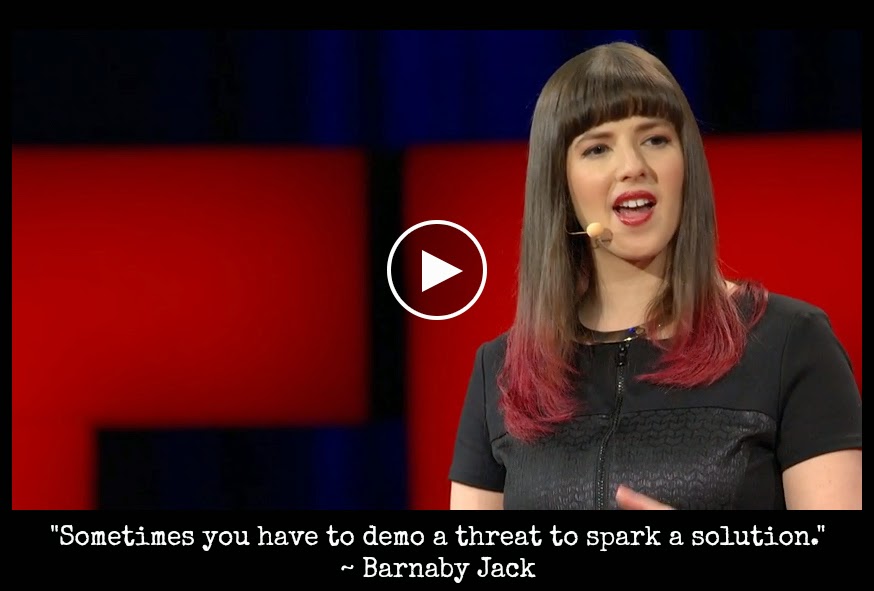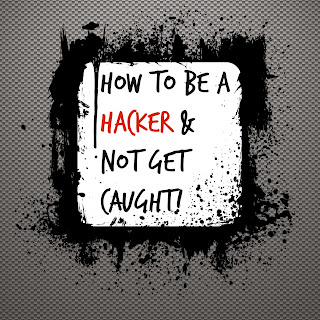The title suggests that this posting may have some delicious
recipes that hackers might enjoy, but I am thinking more like the classic book The Anarchist Cookbook, by Steven
Schragis. However, I will provide you with a link with directions on how to be
a white hat hacker!
A little history
lesson: The Anarchist Cookbook
“The Anarchist Cookbook, first published in 1971, is a book that contains instructions for the
manufacture of explosives, rudimentary telecommunications phreaking devices,
and other items. The book also includes instructions for home manufacturing of
illicit drugs, including LSD. It was written by William Powell at the apex of
the counterculture era in order to protest against United States involvement in
the Vietnam War.” -Wikipedia
For those of you who were not around when this book was
published, this book caused a lot of controversy when it was published and of
course grabbed the attention of the Feds at the FBI. One FBI memo called the
book “one of the crudest, low-brow, paranoiac writing efforts ever attempted.”
The lack of a Hackers
Cookbook
When considering that The
Anarchist Cookbook was written as a proverbial middle finger to the
government and an exercise in freedom of speech, how has there not been a
similar book written about hacking? Hackers are known to rage against the
machine and expose the corruption in either a corporation or government, wait
didn’t Ralph Nader do a similar type of thing? More on Ralph ahead.
What I see the hackers cook book containing is not just tips
on how to crack into a network or take down a website, but how to successfully
protest and plan a movement that can make a statement. Because at the end of
the day, isn’t that what hacking is all about? Beyond those who hack for either
personal gain or to support an organization, we forget that even these
brilliant computer geniuses serve a purpose. They can keep the checks and
balances of society online.
The Ralph Nader
Effect
Ralph Nader, beyond having a few unsuccessful Presidential
runs over the years, started life as a protector of the people. Not in the
sense of a member of a police department or military movement, he was
interested in exposing safety problems that affect the average Joe. In 1965, he
claimed that many US made automobiles were simply not safe and even published a
book Unsafe at Any Speed. The
internet was not around back then, but I am willing to bet he would have taken
his research online if he had the opportunity. Specifically, Nader took aim at
the Chevrolet Corvair, a rear engine compact car that had been involved in many
accidents that resulted in lawsuits against Chevy’s parent company General
Motors.
In typical corporate fashion, GM took to the streets and
tried to discredit the claims and even went as far as to hire prostitutes to
try and trap him into compromising positions, look it up on Wikipedia, it is
interesting stuff. Nonetheless they could not stop him, and his efforts made
the government take notice and instate a new division of government: the
National Highway Traffic Safety Administration.
Making the Connection
Nader was an activist, plain and simple. Many did not agree
with his stance at the time, but like Schragis, he took his view of corruption
and put his ideas out there, publishing them to make a difference. Even though The Anarchist Cookbook took a totally
different angle of protest, are these two authors any different than White Hat
and Black Hat hackers?
Nader being a White Hat hacker in the sense that he took his
opinions of corruptions and wanted to put them to work in a positive light by
publishing a book that spawned the development of a consumer safety
organization, Schragis being a Black Hat of sorts by compiling a book of
instructions to overthrow harm and cause chaos.
Perhaps I am far off here, what are your thoughts?
Oh yeah, here
is the white hat instructions I promised you!
Happy Holidays!








